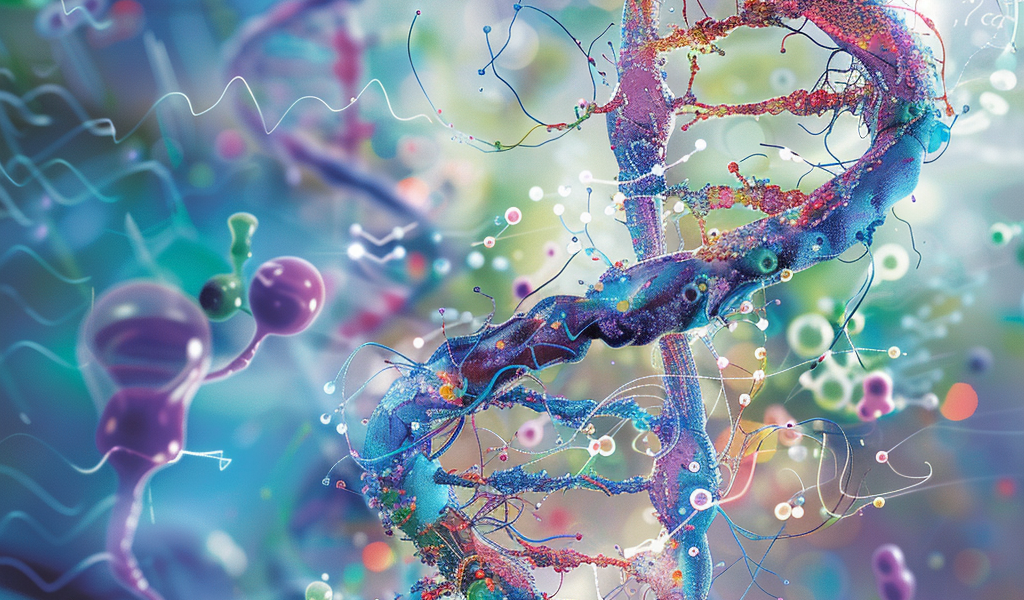The prestigious Nobel Prize in Physiology or Medicine for 2024 has been awarded to two prominent American scientists, Victor Ambros and Gary Ruvkun, in recognition of their groundbreaking research on microRNA. This significant achievement sheds light on the intricate mechanisms that govern gene expression and how these processes contribute to the emergence of complex life forms on Earth.
MicroRNAs are small molecules that play a crucial role in regulating gene expression, influencing how genetic information is utilized within organisms, including humans. The discovery of microRNAs has provided profound insights into the biological diversity observed in the human body, where every cell contains the same genetic blueprint yet exhibits distinct characteristics and functions.
For instance, the nerve cells in the brain transmit electrical impulses, heart cells contract rhythmically, liver cells serve as metabolic powerhouses, and kidney cells filter waste products from the blood. Despite originating from identical genetic material, these cells diverge dramatically in their roles, a phenomenon largely driven by the regulation of gene expression.
Ambros and Ruvkun’s pioneering work has been instrumental in elucidating how microRNAs exert control over gene expression, leading to the differentiation of cells into various types and functions. Their research has established a new paradigm in our understanding of gene regulation, which is essential for the development and functioning of multicellular organisms, including humans.
The Nobel Assembly at Sweden’s Karolinska Institute, which selects the winners of the Nobel Prize in Physiology or Medicine, praised the researchers for their contributions, stating, “Their groundbreaking discovery revealed a completely new principle of gene regulation that turned out to be essential for multicellular organisms, including humans.” This recognition comes with a prize fund of 11 million Swedish kronor, approximately £810,000, to be shared between the two laureates.
It is now well-established that the human genome encodes for over 1,000 distinct microRNAs. These molecules are vital for the fine-tuning of gene expression, allowing for the vast array of specialized functions that cells perform. Without the regulatory influence of microRNAs, all cells within an organism would be identical, hindering the evolution of complex life forms.
However, when the regulation of microRNAs goes awry, it can lead to serious health conditions, including various forms of cancer and congenital disorders such as hearing loss and bone abnormalities. A notable example is DICER1 syndrome, a genetic condition characterized by mutations affecting microRNAs, which can result in cancer affecting multiple tissues.
Victor Ambros, 70, is affiliated with the University of Massachusetts Medical School, while Gary Ruvkun, 72, holds a professorship at Harvard Medical School. Their collaborative research primarily focused on the nematode worm, C. elegans, where they conducted experiments on a mutant strain that exhibited developmental deficiencies.
Through their innovative studies, Ambros and Ruvkun have not only advanced our understanding of gene regulation but have also opened new avenues for exploring therapeutic interventions for diseases linked to microRNA dysregulation. Their work exemplifies the profound impact that fundamental research can have on our comprehension of biology and medicine.
This year’s Nobel Prize serves as a testament to the significance of microRNA research in the broader context of life sciences and highlights the ongoing importance of understanding the genetic underpinnings of health and disease.





